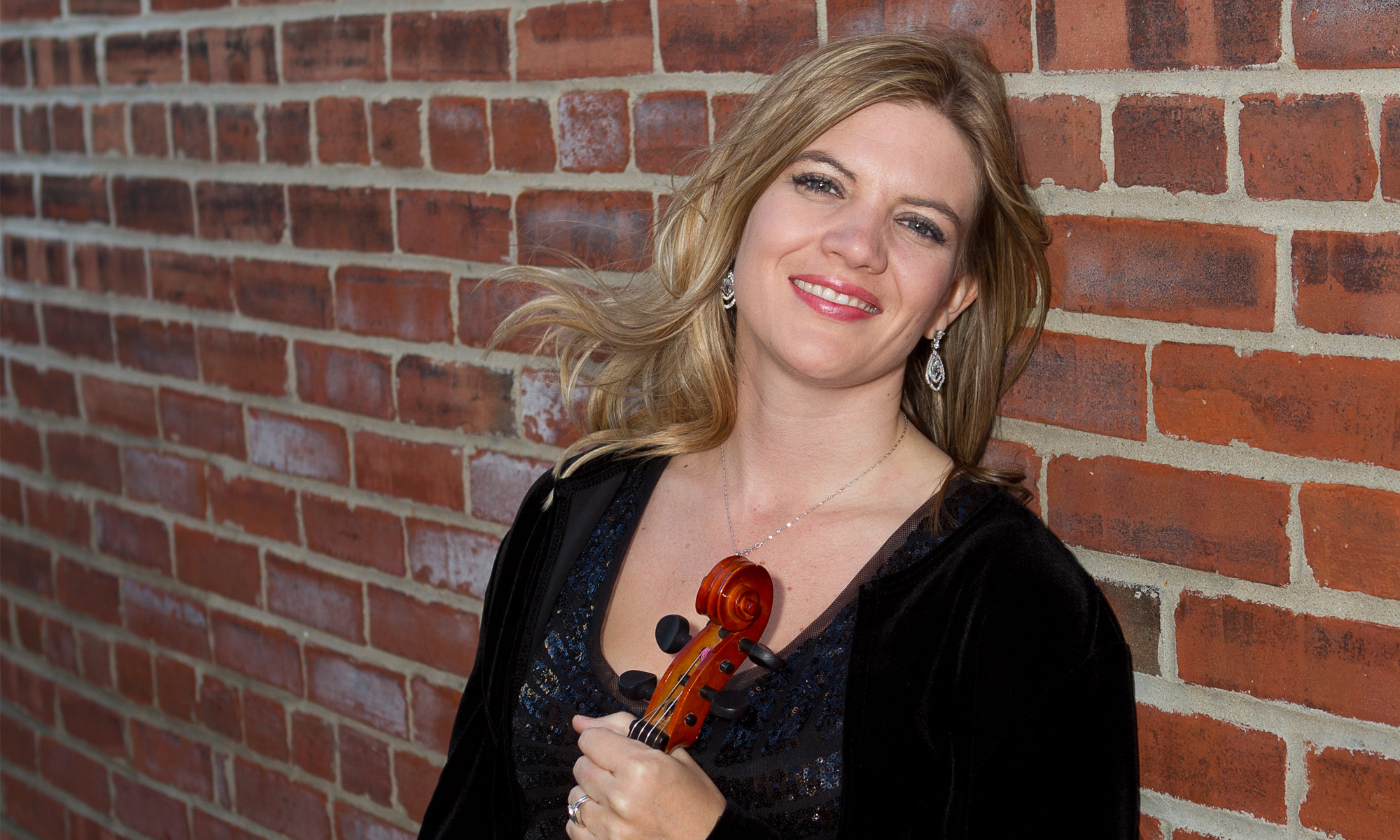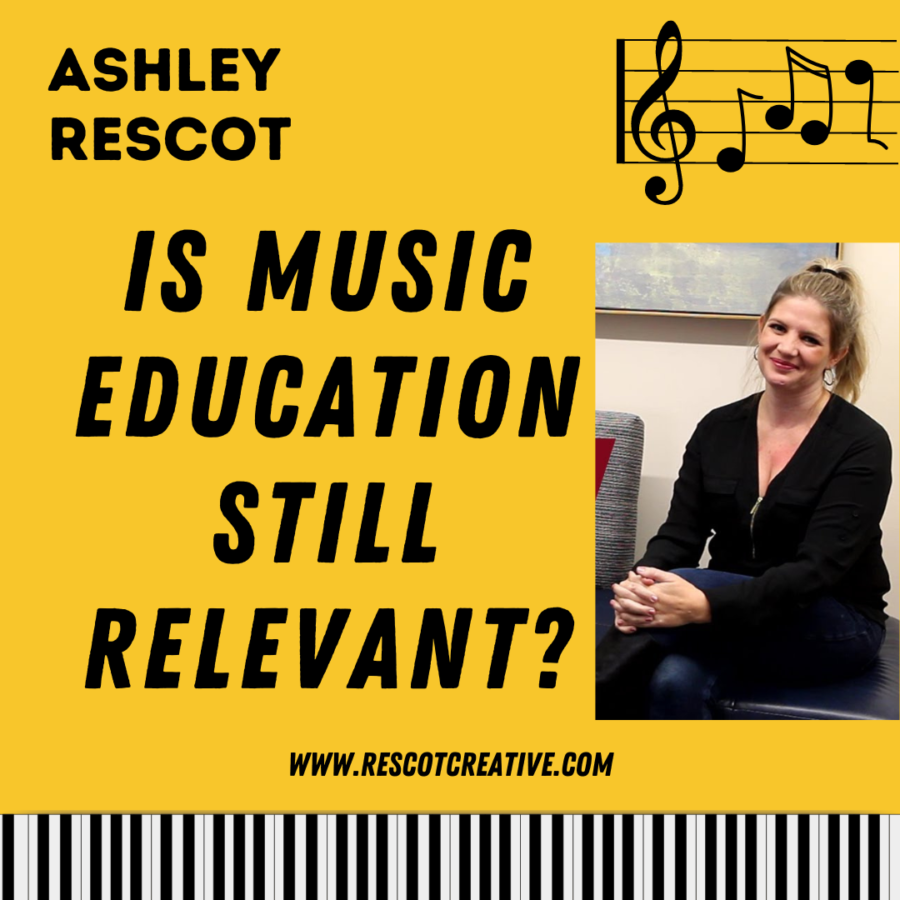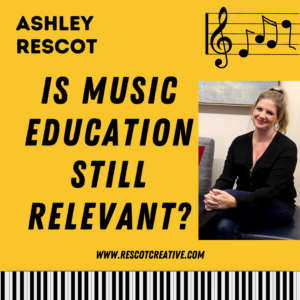
Music has been a part of my life for as long as I can remember. I honestly don’t know life without it. My great-great grandfather played fiddle in a country band. My grandmother was a pianist/organist/composer. My mother is a violinist and vocalist. My mother-in-law is a pianist. All four of my sisters and I are violinists. And now my own children and a couple of my nieces and nephews have started to play violin. Why?
Every once in a while, it’s worth challenging ourselves to evaluate the status quo. The norm. Are we just teaching and playing music because it’s what our parents and grandparents did before us?
In some ways, yes. For me personally, music is a tie to my past, to my heritage. It’s a link that connects me to my family even though they live far away. In a certain sense, our children are apprentices to a trade passed on for generations.

However, this doesn’t answer the question of why should other children learn music? What if they have no family connection to the subject, and no plans to become a professional musician? Is it even worth the time and investment?
These are questions many parents face today.
After the height of the pandemic, people in every field are struggling to find the “new normal.” What pre-pandemic practices should we keep? And which ones should we discard?
One thing all of those Zoom calls taught us is how small the digital world is. We don’t have to hop on a plane to travel thousands of miles to meet other people who love the same things that we do. We just hop on a call. This allows us to make connections with people with whom we would never have met in real life.
However, another thing all of those Zoom calls taught us is how important in person activities still are in our lives. We as a society have been so sick and tired of staring at our screen that we now jump at nearly any chance to meet up with people. (At least those of us who are extroverts.) Watching a concert online doesn’t even compare to the exhilarating experience of watching a concert live.
Yesterday, I had the privilege of conducting a children’s choir for the first time. I can’t describe how much it warmed my heart to hear all of these beautiful children’s voices singing together at my church. This was the first time for many of them to sing in public. Ever. They grew up in an era when singing was potentially dangerous.
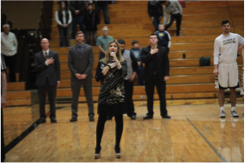
But singing provides students an opportunity to battle the fear of standing in front of others and performing. It offers them the chance to allow emotion to pour from their hearts in a way that blesses others. They memorize words to a tune that will stay with them much longer than words that they read once on a page.
So many studies* have shown that music students have a much better aptitude for language, and I am no exception. I’m positive that my knack for learning foreign languages is directly tied to my early musical education. I have degrees in both music and French, and people have often wondered the connection between what seem like very different fields. But I would say the link is this auditory and memory component that I developed from my early music education.
Like it or not, learning to play instruments in particular requires children to develop discipline. Although many musicians have natural talent, no one just automatically knows the mechanics of how to produce a quality sound on an instrument. They must study it regularly. This daily discipline translates into many other areas of life that might long outlive the child’s music education.
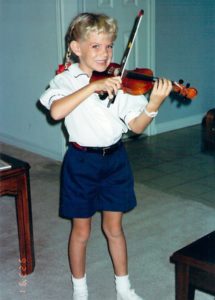
Music engages the academic left side of the brain when students analyze music theory, like note reading, rhythm, chord progressions, and composition. One of my sisters equated it to a musical version of Sudoku that’s like a puzzle for the brain.
However, music also taps into the creative right side of the brain, giving students an outlet to express their emotions, to empathize with others through a shared performance experience, and to create new songs of their own.
Unfortunately, we as a global society have a long way to go in order to find our footing after the trauma of these past several years. The world of music is no exception. It will take the support of communities, parents, educators, and students alike to rebuild the world of music in a way that provides similar opportunities for this generation of children to those we experienced growing up. But it’s a long road we need to take, because, after listening to my students sing yesterday, I realized that we need to give their voices a chance to fly.
If this topic interests you, don’t forget to sign-up for my Music Updates.
| Subscribe for weekly music updates! |
*
Music and Early Language Acquisition
The Benefits of Music Education
Why Music Education is Important
The Correlation Between Musical Aptitude and Learning Foreign Languages
